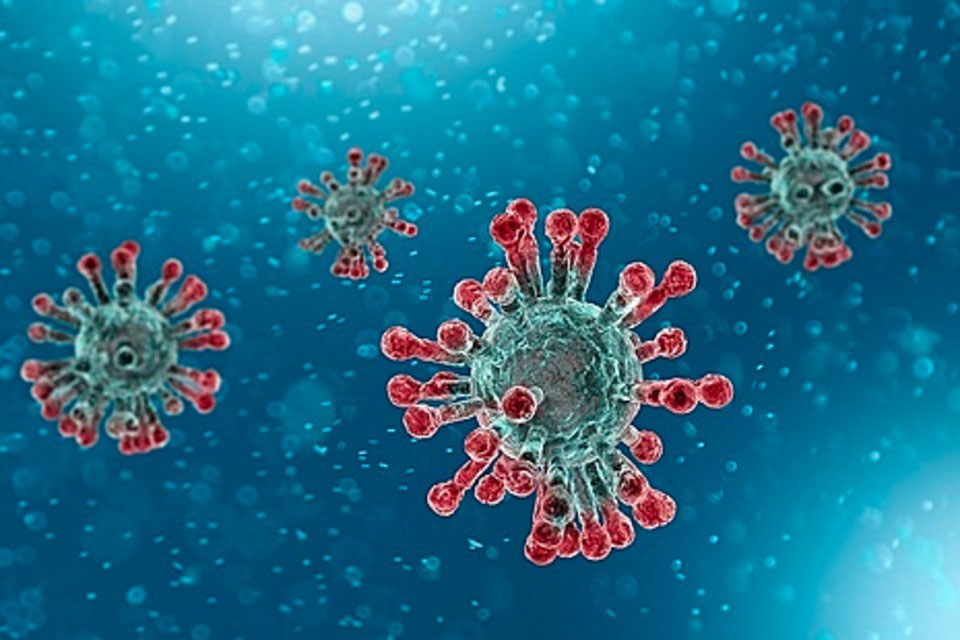The City Law School’s Dr Enrico Bonadio and the University of Turku’s Dr Dhanay M. Cadillo Chandler argue for making vaccines available for as many developing countries as possible.
By City Press Office (City Press Office), Published
By Dr Enrico Bonadio and Dr Dhanay M. Cadillo Chandler (re-published from The Conversation)
The COVID-19 pandemic, and the race to make vaccines and other useful technologies more accessible to people around the world, has once again highlighted the tension between intellectual property rights and the promotion of public health.
There is no doubt that the monopolies offered by exclusive rights such as patents are necessary to incentivise pharmaceutical companies to invest huge resources and develop useful drugs. These rights help manufacturers recoup those investments. It is not only drugs and medical equipment like ventilators which are needed, but also essential technologies such as copyright-protected virus-tracing software.
Yet, as companies which own intellectual property have a monopoly over their products, they are able to raise prices. This may – in the case of anti-COVID technologies – mean less access to life-saving treatments. Imposing high prices would also be unfair considering that over US$12 billion of public funding has been poured into the research and development of the six COVID-19 vaccines.
 As a potential remedy, calls have been made for companies to voluntarily pledge to make their intellectual property available to fight the COVID-19 emergency. The World Health Organisation has also launched a voluntary pool to collect patent and other rights which could be shared for manufacturing vaccines, therapeutics and diagnostics to combat coronavirus.
As a potential remedy, calls have been made for companies to voluntarily pledge to make their intellectual property available to fight the COVID-19 emergency. The World Health Organisation has also launched a voluntary pool to collect patent and other rights which could be shared for manufacturing vaccines, therapeutics and diagnostics to combat coronavirus.
South Africa and India, supported by many other developing countries which face extra difficulties accessing affordable COVID-19 treatments, are pushing for a stronger measure. They have proposed a waiver of certain parts of the TRIPS Agreement, the WTO international treaty which protects intellectual property at global level. The proposal is still under discussion. If agreed, it would allow countries to produce and use all anti COVID-19 technologies without fear of infringing intellectual property rights. The measure would be time-limited.
As one may expect, this proposal is facing opposition, especially by developed countries like the US, Canada, the EU and the UK, which want to protect their pharmaceutical industries.
But would a waiver be enough? We argue not. This is because it might not allow all developing countries to secure medicines and other anti-COVID technologies in a timely way. Many would need to introduce swift changes to their own national laws. This might be difficult, if not impossible, to do.
In view of these difficulties, we argue that it may be more helpful to intensify plans to share vaccines, making jabs and other useful technologies available quickly for as many developing countries as possible.
